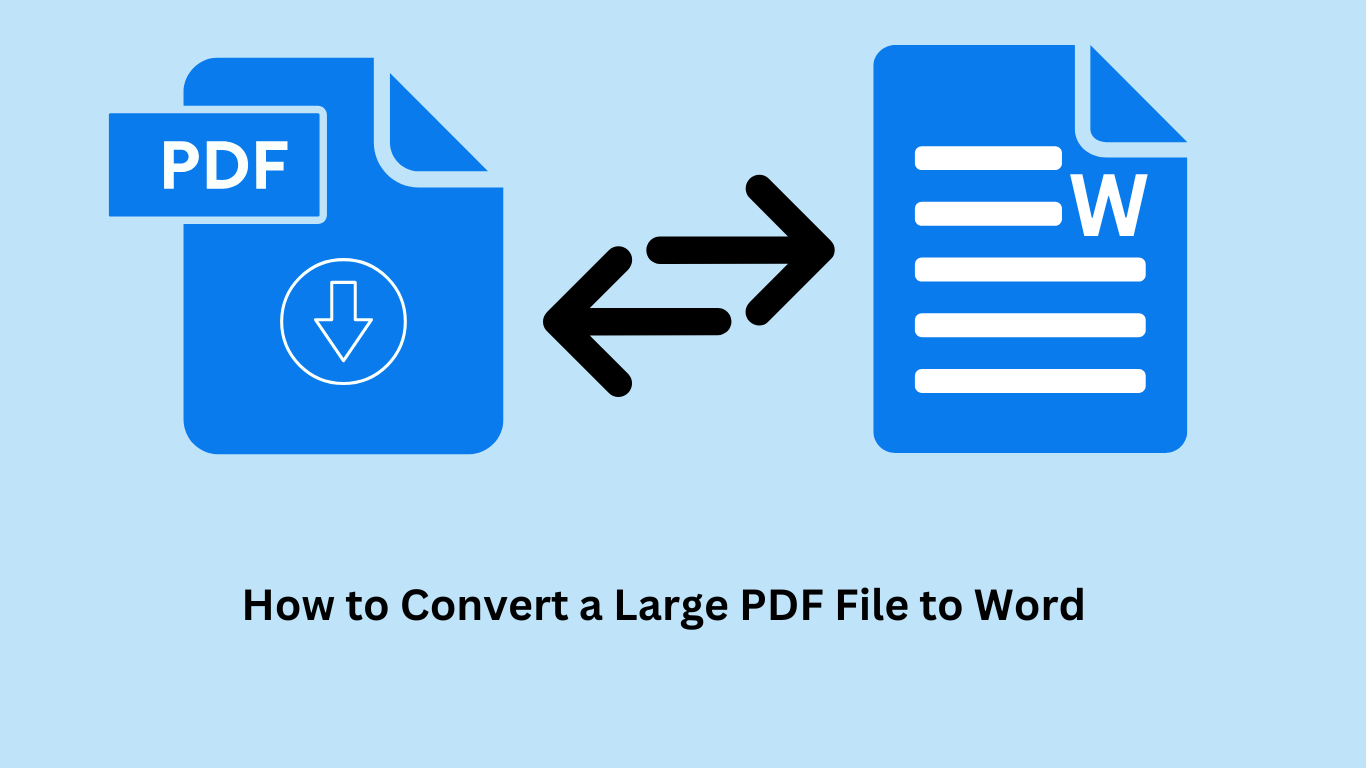Age Calculator: Introduction with Examples
An age calculator is a simple yet highly useful tool that allows individuals to calculate their age or the age of others with precision. Age calculation is often required in various contexts, from determining eligibility for specific age-restricted activities to celebrating birthdays and anniversaries. In this article, we will explore how an age calculator works, provide detailed examples, and discuss its applications and limitations.
What is an Age Calculator?
An age calculator is an online tool or software application designed to compute the difference between two dates, typically a birthdate and the current date, to determine the exact age in years, months, and days. The calculation is straightforward: the tool subtracts the birthdate from the current date and outputs the age, often with additional details such as the number of days until the next birthday.
How Does an Age Calculator Work?
The basic principle behind an age calculator involves date subtraction. Here’s a step-by-step breakdown of how it works:
- Input the Birthdate: The first step is to enter the birthdate of the individual whose age you want to calculate. This typically includes the day, month, and year.
- Determine the Current Date: The calculator uses the current date from the system or allows you to input a specific date if calculating age as of a particular day in the past or future.
- Calculate the Difference: The tool subtracts the birthdate from the current date, taking into account leap years, the number of days in each month, and time zones if necessary.
- Output the Age: The result is displayed in a format that typically includes years, months, and days.
Using an Age Calculator: Examples
To better understand how an age calculator works, let’s go through a few examples.
Example 1: Calculating Age in Years, Months, and Days
Suppose you want to calculate the age of someone born on March 15, 1990. If today’s date is August 16, 2024, the steps would be as follows:
- Input the Birthdate: March 15, 1990
- Current Date: August 16, 2024
The age calculator would determine the difference between these two dates:
- Years: 2024 - 1990 = 34 years
- Months: August - March = 5 months
- Days: 16 - 15 = 1 day
Thus, the person’s age would be 34 years, 5 months, and 1 day.
Example 2: Calculating Age for a Future Date
Let’s say you want to calculate how old you will be on January 1, 2030, if you were born on December 25, 2000.
- Input the Birthdate: December 25, 2000
- Future Date: January 1, 2030
The age calculator would calculate:
- Years: 2030 - 2000 = 30 years
- Months: January - December = 1 month
- Days: 1 - 25 = -24 days (which means you’re still 29 years old until December 25, 2030)
So, on January 1, 2030, you will be 29 years and 7 days old.
Example 3: Calculating the Exact Number of Days Lived
Sometimes, you might want to know exactly how many days you’ve been alive. For example, if you were born on June 1, 1985, and today’s date is August 16, 2024, the calculation would be:
- Input the Birthdate: June 1, 1985
- Current Date: August 16, 2024
The age calculator would compute the total number of days between these dates:
- Total Years: 39 years (or 14,235 days)
- Total Months: 2 months and 15 days (or 75 days)
The total number of days lived would be approximately 14,310 days.
Applications of an Age Calculator
An age calculator is a versatile tool with numerous applications in everyday life, legal situations, health assessments, and more. Here are some common uses:
- Birthday and Anniversary Planning: Easily determine the age of a person or the number of years since an event to plan celebrations or milestones.
- Legal Purposes: Verify the age of an individual to determine eligibility for age-restricted activities, such as voting, drinking, or obtaining a driver’s license.
- Health and Fitness: Calculate exact age to assess health risks, eligibility for clinical trials, or age-based nutritional needs.
- Employment and Retirement: Determine eligibility for retirement benefits, job applications, or age-based job roles.
- Educational Enrollments: Verify the age of students for school admissions or eligibility for age-specific educational programs.
Benefits of Using an Age Calculator
Using an age calculator offers several advantages:
- Accuracy: The calculator ensures precise age calculation, accounting for factors like leap years and varying month lengths.
- Convenience: Quickly calculate age without manual effort or complex date calculations.
- Versatility: The tool can be used for various purposes, from personal use to professional and legal needs.
- Time-Saving: Instant results save time, especially when calculating age for multiple individuals or events.
Limitations of an Age Calculator
While an age calculator is a valuable tool, it does have some limitations:
- Depends on Accurate Input: The results are only as accurate as the input data. Incorrect birthdate or current date entries can lead to inaccurate age calculation.
- Cannot Predict Future Events: The calculator can only provide accurate age calculations based on known dates and cannot predict future events or conditions that might affect age-related decisions.
- Limited to Date-Based Calculations: The tool is limited to calculating age based on dates and does not account for time-based factors like time zones or daylight saving time.
- Does Not Consider Cultural Differences: Age calculation might vary based on cultural differences in date and age recording, such as lunar calendars or age counting traditions.
Conclusion
An age calculator is a straightforward yet powerful tool that simplifies the task of determining an individual’s age or the time elapsed since a significant event. Whether you’re planning a birthday, assessing legal eligibility, or simply curious about the number of days you’ve lived, an age calculator can provide quick and accurate results. By understanding how the calculator works and applying it effectively, you can easily handle various age-related calculations with confidence. While the tool is incredibly useful, it’s essential to remember its limitations and use it as part of a broader context when making important decisions related to age.



.webp)





























































































































































































































































































































































































.png)













































.jpeg)




















































































































































































